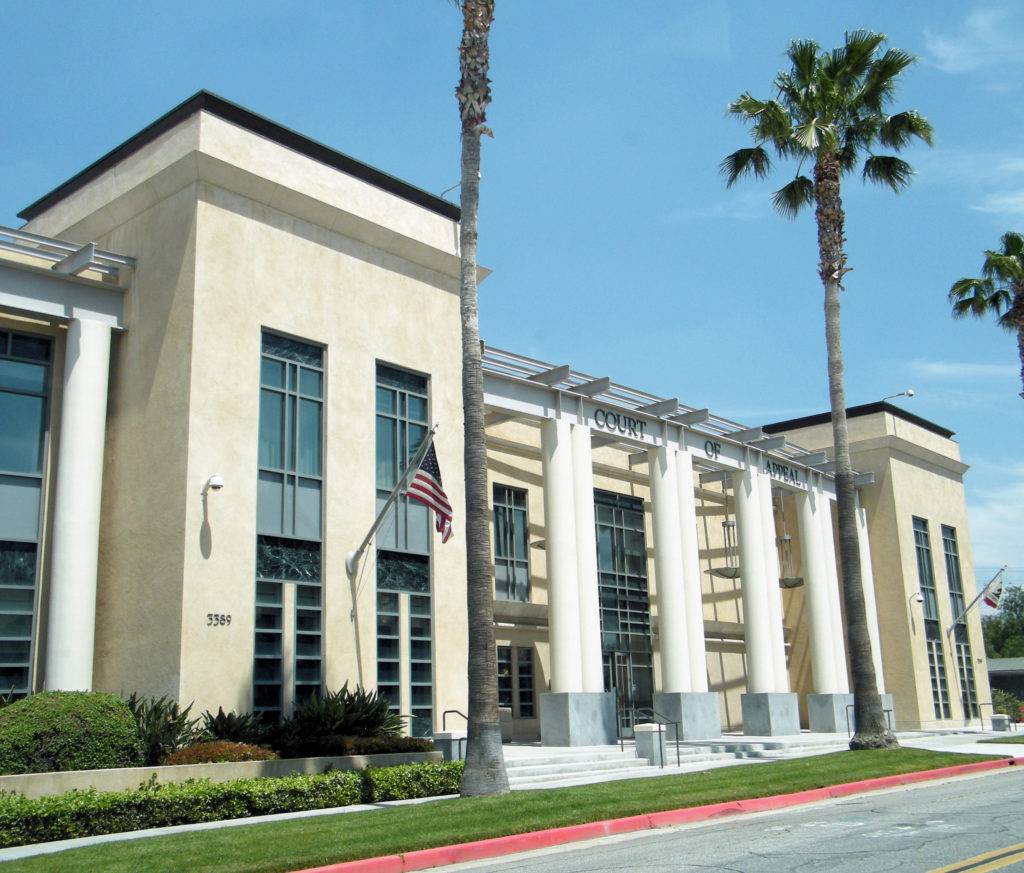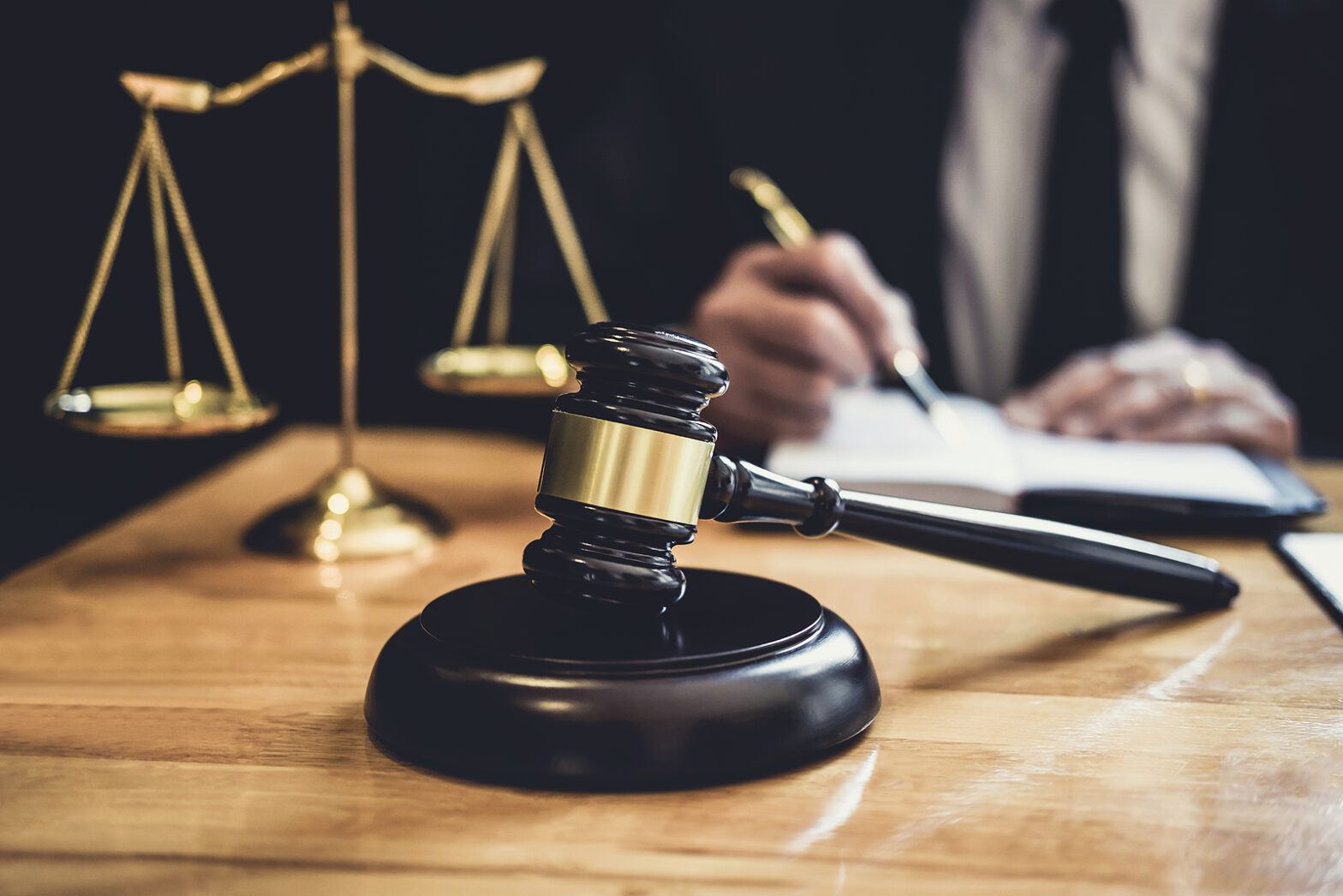Appealing a Criminal Conviction in California
You have been arrested, charged, and tried for a crime. The jury found you guilty. Is your case over?
Not yet.
People, including police officers, district attorneys, and even judges, can and often do make mistakes. Your trial defense attorney may have mismanaged your case in a manner that deprived you of the advice of effective counsel. The judge may have allowed evidence to be reviewed by the jury in violation of your constitutional rights. Whatever the error may be, you still have a chance to maintain your freedom.
Under the laws of the United States and California, you have another card to play. You can take the opportunity to appeal your conviction and potentially have your conviction overturned or your sentence reduced.
The following is an overview of the process for criminal offenses under California law.
How is an Appeal Different than a Trial?
It is important to understand that an appeal is not a new trial. This means you are generally not allowed to introduce new evidence or provide new testimony from witnesses. The Appellate Division of the Superior Court (for misdemeanors) or the California Court of Appeal (for felonies) will instead review what actually happened at your trial to determine whether the court made procedural errors that violated your rights. The court will also review the verdict to ensure that it is consistent with the evidence that the judge or jury used to decide the case.
If the appeals court finds that legal errors substantially affected the outcome of your trial, it will reverse the conviction and set your case for a new trial. If the court finds that the errors were harmless, or that no errors were made, the conviction will stand.
Because an appeals case is different from a regular trial, it is vital that you select an attorney who understands the appellate system, and who knows how to steer your case through it. Handling an appeal involves a unique skill set, and one that many trial attorneys do not posses. Before you hire an attorney, be sure that he or she has this type of experience.
The Notice of Appeal
Appealing a conviction in California begins with filing a Notice of Appeal, generally with the trial court in which you were convicted (unless your county follows a different procedure). This is a notice to the court and prosecutor of your case that you are challenging the conviction. Your appeal does not have to specifically spell out the grounds for your appeal. You can file what is known as a “notice of appeal,” which gives your appeals attorney the flexibility to review your case for the grounds of your appeal while the case is pending.
It is crucial that you act quickly to file your notice. A notice of appeal must be filed no later than the 30 days after your conviction on a misdemeanor or 60 days following a felony conviction. If you miss those deadlines, it will not matter how strong your case is for appeal. The appeals court will essentially deem you to have waived your right to appeal, reject your application, and the conviction becomes final.
If you are appealing a conviction where you plead guilty or no contest to a felony charge; or if you admitted to violating felony probation, California Penal Code Section 1237.5 requires that you also file a sworn statement that states the reasonable grounds for your appeal. This is called an application for a “Certificate of Probable Cause.”
The trial court could reject the Notice of Appeal or Certificate of Probable Cause, and this is technically not a decision that can be appealed. However, you can still take one more shot at getting your case to an appeals court by filing for a writ of mandamus with the Court of Appeal. If that court grants your petition, it will issue an order to the trial court to certify your Certificate of Probable Cause and allow your appeal to continue.
Obtaining the Record of Your Case
Next, your appellate attorney will begin the crucial step of obtaining the record of your trial. This includes requesting the “clerk’s transcript” and the “reporter’s transcript.”
The clerk’s transcript is essentially the record of documents filed with the court over the course of your case. It can include items such as the list of offenses you were charged with, any written instructions to the jury, lists of evidence exhibits submitted by the prosecution and defense, and written arguments submitted by both sides.
The reporter’s transcript is the text copy of the word-for-word script of the trial. While you were in court, you may have noticed someone in the room was typing the entire time your case was in session. This person (the court reporter) is responsible for writing a complete written record of everything that was said on the record during the trial. This transcript contains every word spoken by the district attorney, your defense attorney, the judge, and witnesses who testified during the trial. In some courts, the court will instead have an electronic recording (either video and audio or audio only).
Once complete, these records are sent to the clerk of the court where the appeal will be heard, and to the Attorney General (for felony appeals) or the district attorney (for misdemeanors or infractions) and to your appellate attorney. The record will allow your appellate attorney to begin the process of reviewing the case and forming an argument to present to the Court of Appeal or Appellate Division.
Arguing the Appeal
Before the case is heard in court, each side will file a brief. First, your attorney will file the Appellant’s Opening Brief, which is a summary of the factual events of the trial, and a presentation of the issues your appeal will raise before the court. Following that, the prosecution will have a chance to file a brief in response called the “Respondent’s Brief” that answers the issues raised by your attorney. As the Appellant, you have an opportunity to reply to the prosecution’s response as well. Should you choose to file this optional reply, it will give you the opportunity to have the “last word” before the case comes before the court for their consideration.

An appellate hearing is different than a trial. First, the hearing is generally before a panel of three judges. Secondly, as the appellant, your attorney will address the court twice: first, he or she will present your argument, and then will have another opportunity to speak after the prosecution presents its rebuttal arguments. Finally, the arguments are timed, meaning each side only has a limited period to make its points, and the judges are allowed to interrupt the argument to ask questions.
The Decision
After the arguments have been heard, the court will take the case under consideration and render its decision at a later date. Each judge can write an opinion on the case, and then cast his or her vote as to the outcome of the case. To win the appeal, you must have two of the three judges cast a vote in your favor.
If you win, your conviction will either be set aside or the case will be sent back to the trial court with instructions. This may mean a new trial or a new sentencing phase based on the appellate court’s decisions.
If you lose, the court will affirm your conviction, but that does not mean your case is over. Depending on your case, you may still have options for appealing the case to the California Supreme Court or to federal court.
Call an Orange County Appeals Attorney at Wallin & Klarich for Help
If you or someone you care about has been convicted of a crime, you will need the help of a seasoned and skillful attorney to help you with your appeal. At Wallin & Klarich, our attorneys have over 40 years of experience successfully guiding clients like you through the appeals process. We know how to raise the issues that may make the difference in an appeal, and we have attorneys who understand the special nature of the appeal process. Let us help you, now.
With offices in Los Angeles, Sherman Oaks, Torrance, Orange County, San Diego, Riverside, San Bernardino, Ventura, West Covina and Victorville, there is an experienced appeals attorney available near you no matter where you work or live.
Call us today at (877) 4-NO-JAIL or (877) 466-5245 for a free phone consultation. We will get through this together.


